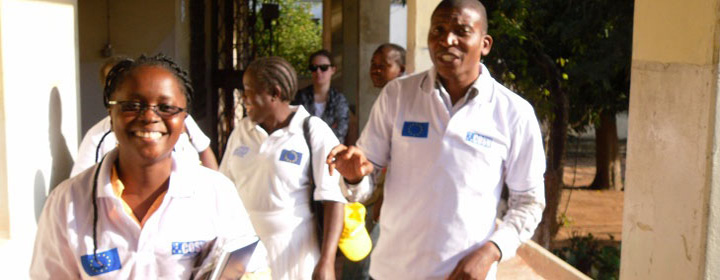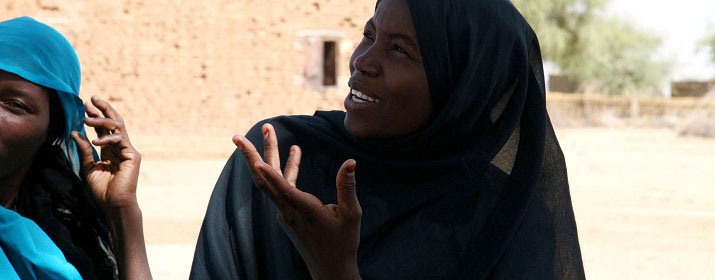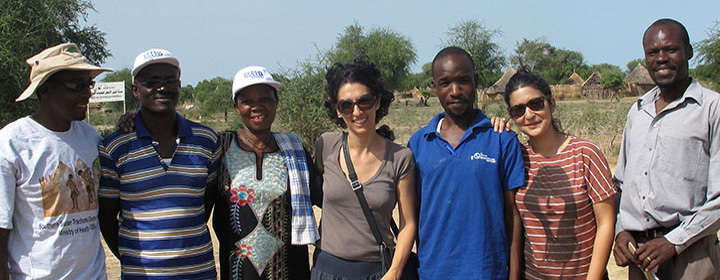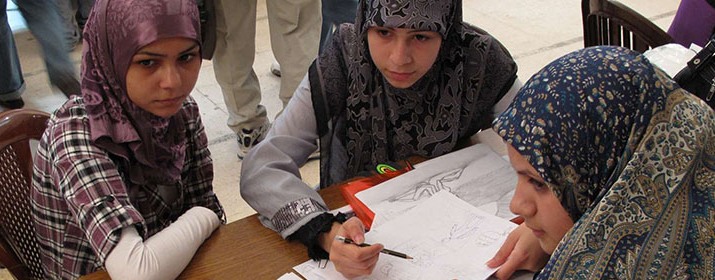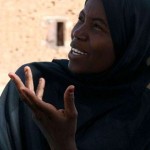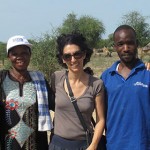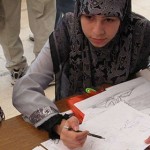This project, financed by Ufficio Otto Per Mille Tavola Valdese (www.ottopermillevaldese.org) , has been realised in Zambezia province, the most densely populated area of Mozambico, with an economy based on agriculture and natural resources.
The project aims at strengthening and improving the economic growth of the area in a long-lasting, inclusive and sustainable manner. An objective to be achieved through the improvement of the agricultural post-production processes in Lugela, Derre, Namarroi e Gilè districts and through social and working inclusion of the most vulnerable categories, such as women, unemployed and indigents.
In the area of intervention, the reduced rural productivity, due to scarce capabilities in the harvest management, coupled with an unsustainable rural development, have produced poverty and food insecurity. Furthermore, another critical aspect relates to the difficulty in commercialising goods that lack of post-production in the internal and external markets.
For these reasons the initiative is focused on three main activities:
1. Creation of 8 centres for stocking and transformation;
2. Warehouse Receipt System (WRS) to export agricultural goods towards provincial market;
3. Promotion of an inclusive management in order to share equally benefits among communities and families.
Therefore, the project aims at providing an improved transformation chain for the agricultural products, which in turn should become an essential element for the economic development. Through such improvements, it is foreseen a strengthening of the commercial and exporting capabilities of the communities, as well as social emancipation for women, whose roles and capabilities are enhanced. The social emancipation aspect is to be achieved through widespread awareness campaigns and ensuring a more active role of women in the management of agricultural products.
In these ways, the initiative will promote a long-lasting, inclusive and sustainable economic growth, together with a concrete employment plan and fair jobs.

